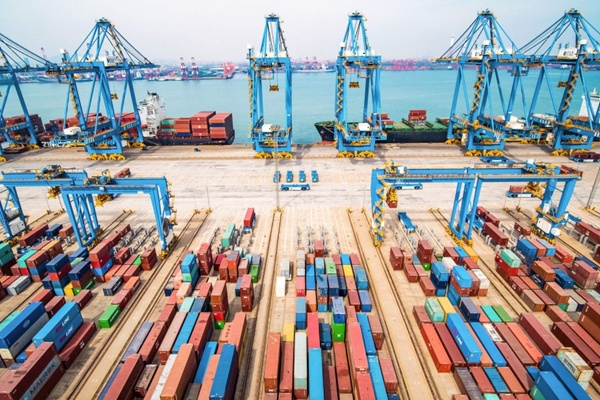The Democratic Republic of Congo will export over a million tons of agricultural products to China under a new deal. Congolese Minister of Foreign Trade, Julien Paluku Kahongia, facilitated the agreement. On this occasion, Kahongia emphasized that the State acts as a regulator, not a direct trader. “It creates opportunities and fosters a conducive business environment,” the official noted.
Under the new deal, the DRC will export one million tons of soybeans, 20,000 tons of sesame, 10,000 tons of chili peppers, 5,000 tons of coffee, and 3,000 tons of cocoa. The move follows China's decision to eliminate tariffs on products from low-income countries, which includes 33 African nations.
Le Président Félix-Antoine TSHISEKEDI a décrété à KINSHASA" la revanche du sol sur le sous-sol", le Président XI JINPING a dit le 5 sept lors du #FOCAC2024 à PEKIN(#BEIJING) " j'ouvre mes frontières sans paiement des frais de douane pour l'importation des produits venant des 33… pic.twitter.com/X4xqxVgMoT
— JULIEN PALUKU (@julienpalukucom) September 8, 2024
Minister Kahongia claimed the deal will significantly contribute to President Tshisekedi's ambition to diversify the DRC's economy, which heavily relies on mining.
China is the world’s top soybean importer. Between January and July 2024, it bought for $29 billion of soybean, according to Statista. In 2023, 60% of global soybean imports were captured by China. This appetite for the crop explains the deal and is good news for the DRC.
Other sectors like coffee and chili pepper should also get more exposure due to the agreement. Indeed, chili peppers are highly sought after by the growing Chinese middle class. As for coffee, the DRC produces around 73,000 tons per year, most of which are exported.
While the new deal with China could help bolster the DRC's agricultural value chains, challenges remain. One such challenge is financing. Since the sector is relatively risky, it needs suitable funding models. Also, to take full advantage of the agreement and the opportunities it offers, Congolese farmers must understand the preferences of Chinese consumers and be ready to adapt to the Chinese market, as it can be volatile.
Georges auréole Bamba










